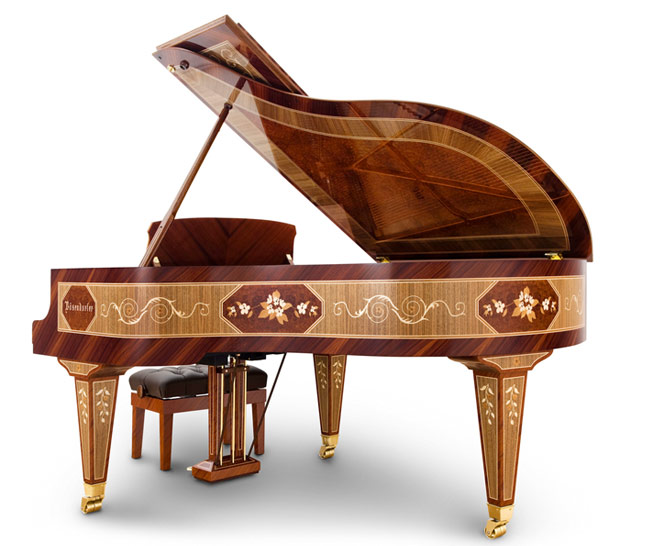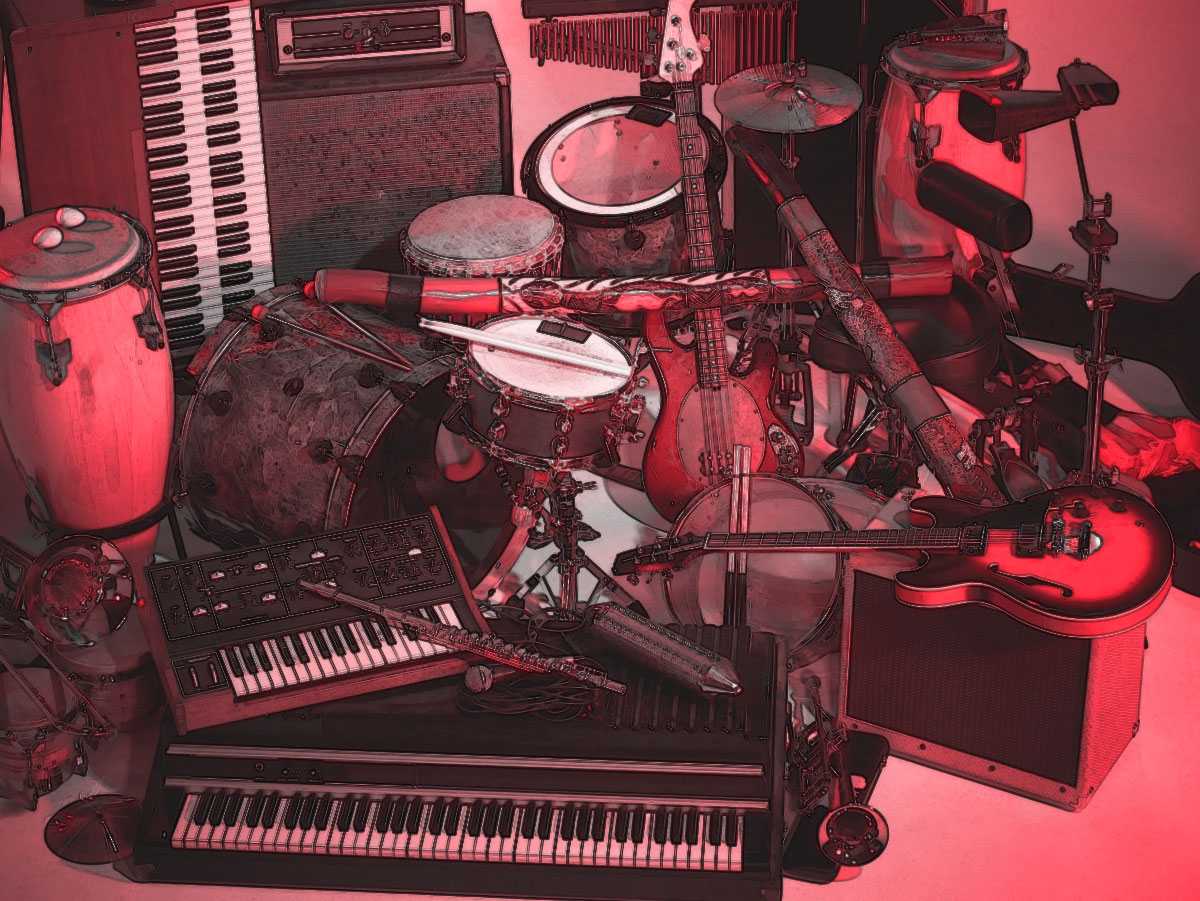- Published Dec 5, 2013 in Gear Garage
Think you need the world's best gear to be the world's best musician? Nope. Don't get talked into perfect and pricey when acceptable and affordable will do.
Buying music gear is strangely like the first time I encountered the meaning of love. My girlfriend asked me, "Do you need me, or do you want me?"
Getting gear is about making creative choices based on desire. But, once you've determined what you want, then you'll know what you need. In other words, buying music gear is not necessary to survival. It's not an inherent genetic need necessary to perpetuating the human species. So when someone says, "I've got to have it," what they really mean is, "I really want it."
If you have unlimited funds, then the want/need paradox is eliminated. But if you're not independently wealthy, ask yourself a few questions:
1 Which features do I need?
Nothing could be more puzzling than features. Reading about specs on any given piece of gear requires experience and knowledge. It means doing homework before making the purchase.
If a situation calls for a particular item and the item is not available, the gig will have to move forward without it.
A feature-loaded piece of equipment or software may still end up not doing what you want—or need—it to do. Of course, having features that can't be used currently, might be useful in the future. You'll cross that bridge when you come to it, so to speak. So make sure to look ahead.
Buying music equipment is like purchasing any other product, from houses to cars, iPads to TVs. Some manufacturers attempt to pack everything into one package, while others specialize. Usually, the one package deal means getting a wide range but without detail. Buying a specialized product usually means needing something else.
I've worked with savvy tech people who have a slew of isolated items they use once in a blue moon. It just so happens that a rare situation calls for a rare device. That one item could be a life saver.
But the generalist—the musician I'm talking to now—is a work-around artist. If a situation calls for a particular item and the item is not available, the gig will have to move forward without it.
2 What's the sales person thinking?
Manufacturers are tricksters and music store sales personnel are illusionists. Sales people usually have one goal: to sell the most product and make the most money. They don't always care who you are or what your plans are as a musician.
Frequently a salesperson is savvy enough to sit down at a keyboard and play a rock riff, a jazz passage, and a standard country pattern. You're impressed by the performance but forget about the usefulness. I don't care how good the sales person can play. I care about what my abilities are and if the item in question fits the bill.
A good example is the use of touch sensitivity for any given patch, whether it be a guitar, organ or synth sound. The sales person demonstrates what it can do, but neglects to tell you what it can't do.
A guitar sample software package, for instance, offers a wide range of acoustic sounds. The sales person picks out a few chords and you're impressed with the realism. You take it home only to find it can't do strum patterns, and it has no electric guitars.
3 Am I paying for too much?
Another issue is in piano sounds. Who really needs a Bosendorfer sound?Bosendorfers—the acoustic versions—are the kind of pianos rich people buy for furniture. At best, they're used by extremely eclectic concert pianists. Maybe Elton John tours with one, but he doesn't need it. Ask yourself: do your songs do require such nuance? Most of the time, what you need is a good, solid grand piano, maybe a honky tonk, and a handful of electric piano sounds.
 Photo: Eric Johnson
Photo: Eric Johnson
There's a time and a place for everything. If you're writing a song or playing in a random club, you probably don't need this $264,000 Bosendorfer.
Unless you are creating—reproducing—highly specialized music for a specialized purpose you probably don't need samples for every single instrument ever made since the turn of the century.
Every player has his or her own set of quirks. Some Fender guitar players hate Ovation. Fine, then choose accordingly. But for most practical purposes (like songwriting), an acoustic guitar sample—like an acoustic piano—sounds good enough regardless of manufacturer, year it was made, or if it was made by some rare tribesman in the deep jungles of the Congo.
Things really start to get crazy in the strings, horns and woodwinds department. Very few keyboardists in pop and rock are trained in traditional orchestration. Remember: laying down that string part does not require a 1907 Stradivarius.
Keyboards and software come with hundreds if not thousands of variations on strings, horns and woodwind patches. Unless you are creating movie scores, do you really need so much? What use does a string quartet sound have in pop and rock? If you're scoring a movie with a Victorian England storyline, fine. Then you need to know the difference between a violin, viola, bass and cello and that each sound changes radically when combined to produce a unified sound or interweaving parts, like in counterpoint.
4 Am I reinventing the wheel?
Are you going to create your own sounds? If so, then you need to be thoroughly well-versed in the instruments architecture. You need to fully understand sampling, how it works, and what equipment is best to get the kind of sample you seek.
Do I really need to know how my MP3 will sound through an old mono AM radio speaker from a '57 Chevy?
Why sample a Fender guitar when there are already dozens of software packages that not only reproduce the Fender sound, but even provide such nuances as fingers crossing a fret, or the sound of a finger sliding up and down the fretboard? These samples are made in professional studios using the finest equipment available.
Tweaking a sound gets even crazier, especially in the use of F/X. It's fun to play with, and you might come up with something interesting, maybe even unique. But again, if the bottom line is writing songs, spending time looking for that "perfect" sound takes away from writing.
Nothing takes away from writing more than the recording equipment used to capture the song. There are as many speaker, sound card, mixing console and F/X units as there are patches and samples. Do I really need to know how my MP3 will sound through an old mono AM radio speaker from a '57 Chevy?
In the end, only you can decide which gear is right for you and which you can do without. Do some research, ask around and try things out in the store. Then make the best decision you can and go for it.

